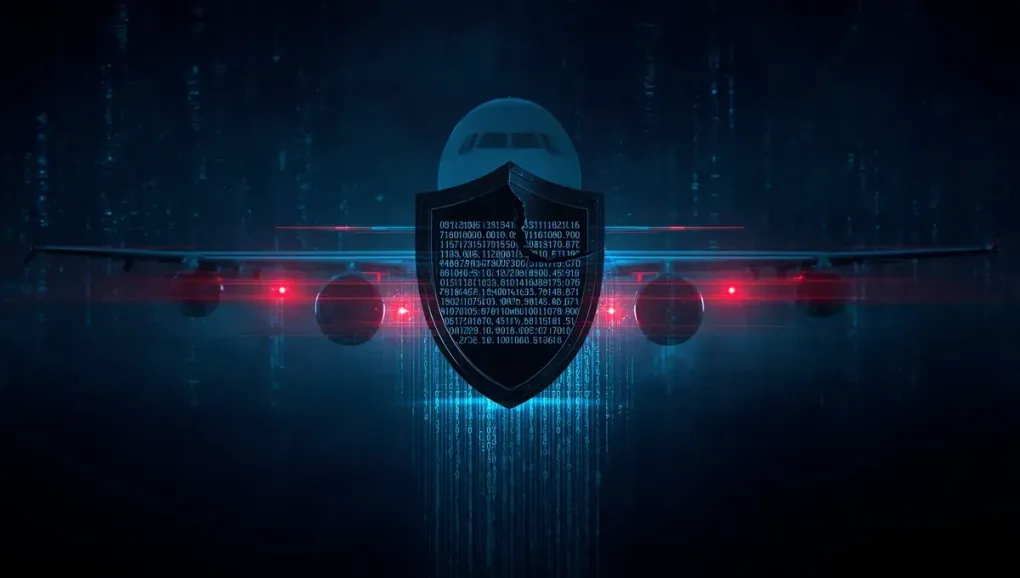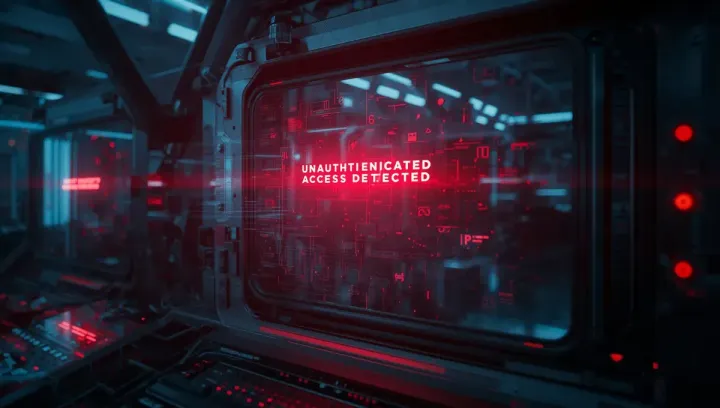
The Global-Fly Hack: Anatomy of a 21st-Century Data Breach
Another week, another billion-dollar corporation spilling customer data like a cheap, cracked plastic cup. This time, the unlucky winner is Global-Fly Airlines, whose entire database of passenger info, including passport numbers and payment details, is now probably a featured listing on some dark web marketplace.
While the corporate PR machine spins up its tired symphony of “we take your security very seriously” and “we are conducting a thorough investigation,” let’s do their job for them. Let’s dissect this mess and see what it truly reveals about the state of cybersecurity. This isn’t just a technical failure; it’s a cultural and ethical one.
The Anatomy of the Attack: A Classic Tale
Sources from inside the investigation paint a grimly familiar picture. This wasn’t some zero-day exploit developed in a secret government lab. It was a cascade of preventable errors, a perfect storm of human fallibility and technical negligence.
-
The Bait (AI-Powered Phishing): The entry point was a meticulously crafted phishing email sent to a mid-level employee in the logistics department. Forget the Nigerian prince scams of old; this was a work of art. The email spoofed a known supply chain partner, used flawless grammar, and referenced a recent, real-world shipment. The link, promising an updated invoice, led to a pixel-perfect clone of the company’s internal login portal. The employee, under pressure to meet a deadline, took the bait.
-
The Unpatched Gateway: The stolen credentials gave the attackers a foothold, but it shouldn’t have been enough. However, the VPN gateway the employee logged into was running firmware that was six months out of date. A known vulnerability, one that the vendor had issued a patch for months ago, was left wide open. Global-Fly’s IT department, allegedly understaffed and overworked, had it on a “to-do” list.
-
The Lateral Movement (The Lie of “Zero Trust”): Once inside, the attackers found a network as flat as a pancake. The principle of least privilege was a joke. The compromised account had access to systems far beyond its logistical needs. The attackers moved laterally, escalating their privileges until they hit the crown jewels: the primary customer database. There was no “Zero Trust” architecture here, just a marketing buzzword on a slide deck somewhere in the corporate office.
The Fallout: A Predictable Disaster
The corporate response has been a masterclass in what not to do. The initial breach went undetected for weeks. When they finally disclosed it (likely forced by a journalist’s inquiry), the statement was a fog of corporate jargon that said nothing.
They offered a year of free credit monitoring, the corporate equivalent of putting a band-aid on a severed limb. It’s an insult. It doesn’t un-leak your passport number or the home address you used for a booking. It’s a gesture designed to minimize legal liability, not to help the victims.
This is the core of the rot: for many corporations, cybersecurity isn’t a prerequisite for doing business; it’s a calculated risk. They weigh the cost of implementing robust security against the potential cost of a breach (fines and reputational damage). Too often, they decide it’s cheaper to roll the dice and apologize later.
What You Actually Need to Do
Forget the corporate platitudes. Here’s what you, the individual, should do right now:
- Assume You’re Compromised: Go to
haveibeenpwned.comand check every email address you own. - Password Manager & MFA: If you are not using a unique, strong password for every single service, you are setting yourself up for failure. Use a password manager. And enable Multi-Factor Authentication (MFA) on every account that offers it. No excuses.
- Question Everything: Be ruthlessly skeptical of every email, text, and link. That urgent request from your “boss” or that “failed payment” notification? Verify it through a separate, trusted channel.
- Demand Better: As consumers and citizens, we must demand more. Support companies that make security a core part of their product. Advocate for stronger data privacy laws with real, painful penalties for negligence.
The Global-Fly hack isn’t a story about sophisticated hackers. It’s a story about corporate indifference and the systemic failure to treat our digital lives with the seriousness they deserve. Until that changes, we’re all just passengers on a plane waiting for the next bit of turbulence.


